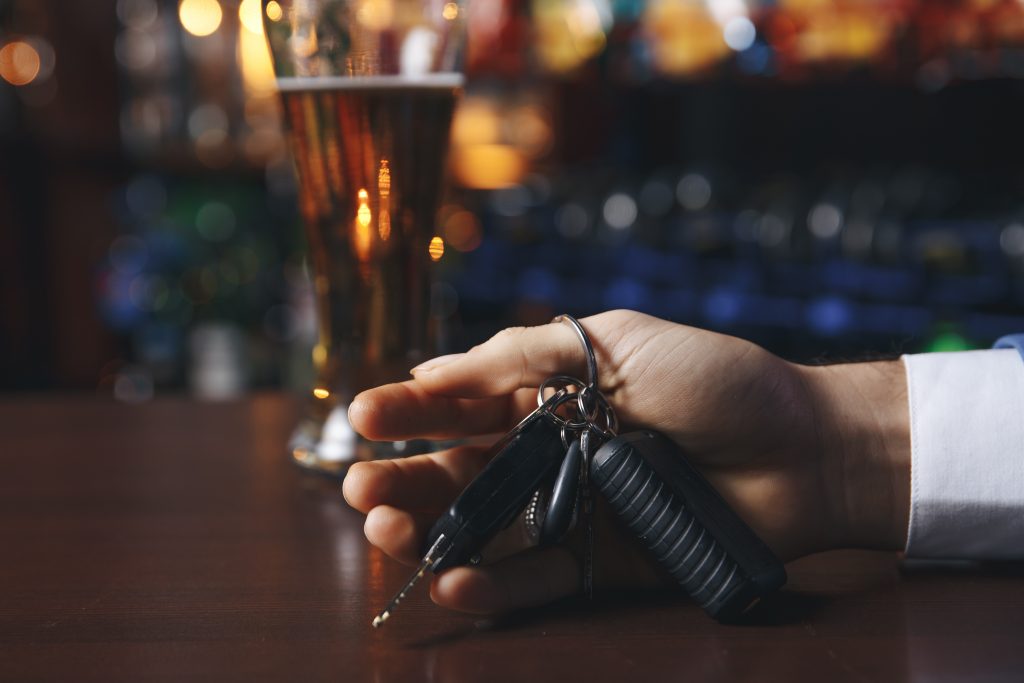What is an interlock order?
An interlock order is a court order requiring you to not drive, unless you have an interlock device installed in your vehicle. An interlock device is a breath test. You must blow into the breath test and return a negative reading for alcohol before driving. The device will also require further tests to be conducted sporadically throughout your drive. If you fail the test, the car ignition will not start.
The order is mandatory for certain drink driving offences, including:
- High Range Drink Driving
- Mid Range Drink Driving
- Low Range Drink Driving, if it is a second or subsequent offence.
You will receive an interlock order, in addition to a licence disqualification. You must serve the licence disqualification first. Once complete, you must attend your local Service NSW and apply for an interlock licence. If you do not apply for an interlock licence, you will not be allowed to drive for 5 years.
Once your interlock licence is granted, you must install an approved interlock device into any vehicle that you drive. If you drive a vehicle that is not fitted with an interlock device, you will be committing an offence.
How long does an interlock order last?
An interlock order is at least 12 months for mid range drink driving, and 2 years for high range drink driving. However, the magistrate can make the period longer, if they deem it necessary to do so.
How can I get an interlock exemption?
It is possible to obtain an interlock exemption in certain circumstances. The exemption must be applied for when your matter is at court for sentencing.
Mid range drink driving
The court may grant an exemption if you can demonstrate one or more of the following:
- You do not have access to a vehicle in which to install an interlock device, or
- You have a medical condition that prevents you from providing a sufficient breath sample, or
- The interlock order would cause you severe hardship.
High range drink driving and second or subsequent offences:
Hardship caused by an interlock order is not a reason for the court to order an exemption for high range drink driving or second offences. Instead, you can only obtain an exemption if you can demonstrate that you do not have access to a vehicle, or you have a medical condition that prevents you from providing a sufficient breath sample.
The legislation defines ‘access to a vehicle‘ as including if you are the registered operator, owner or part owner of a vehicle, as well as if you are not the owner of a vehicle, but you share the use of a vehicle with another person.
We can help
If you have any questions about interlock orders, give one of our Expert Traffic Lawyers a call. We provide FREE initial advice.
Call us now on 0421 700 497.


